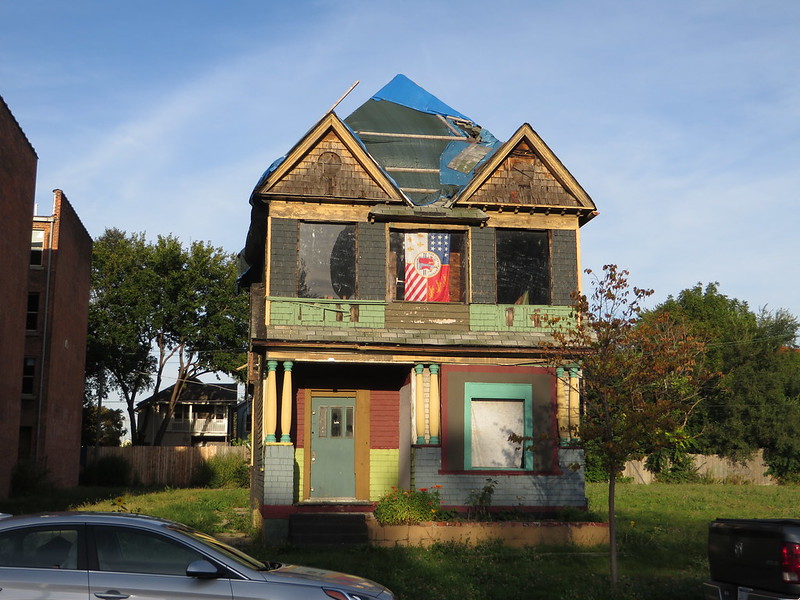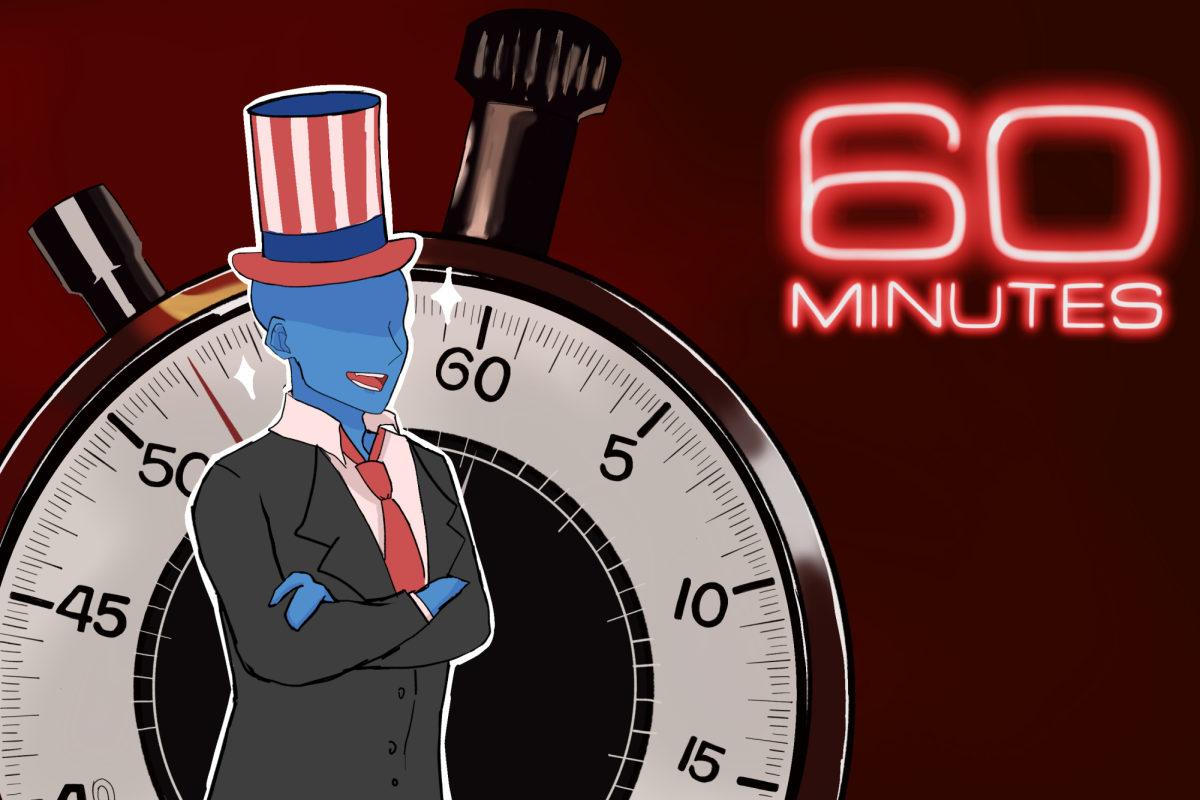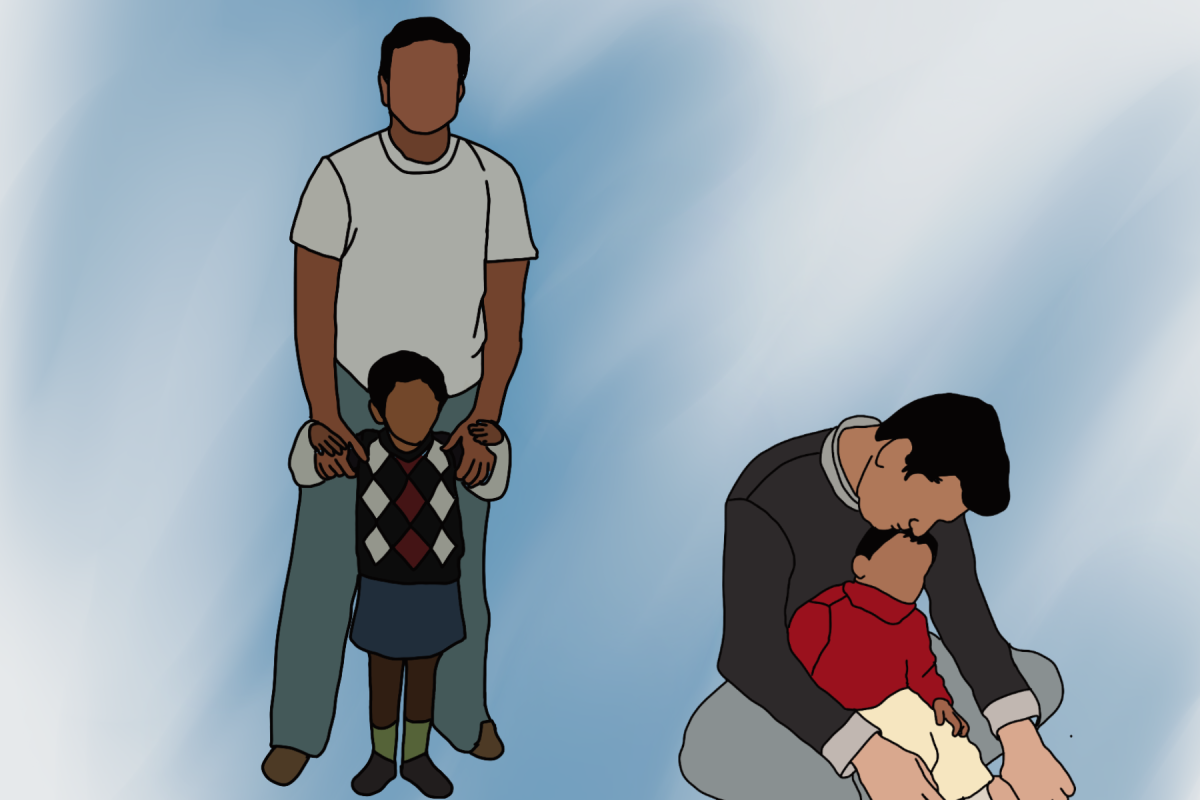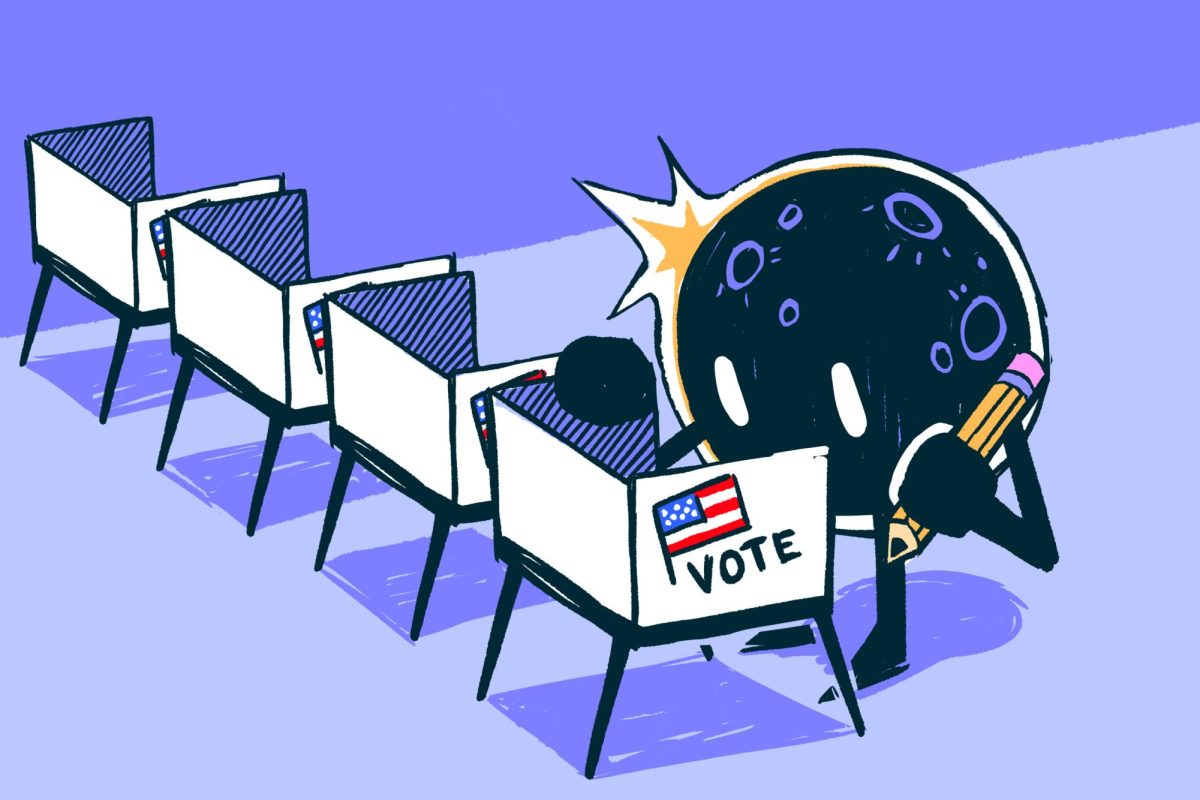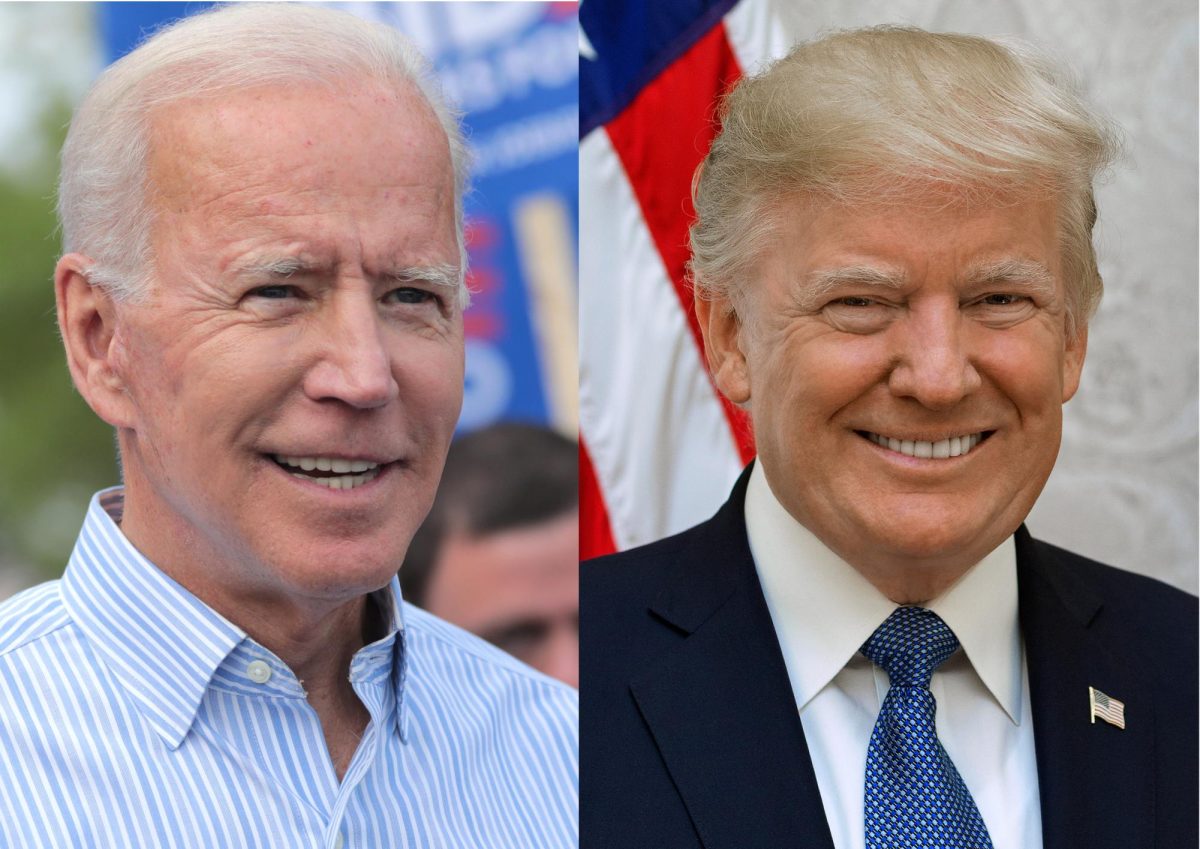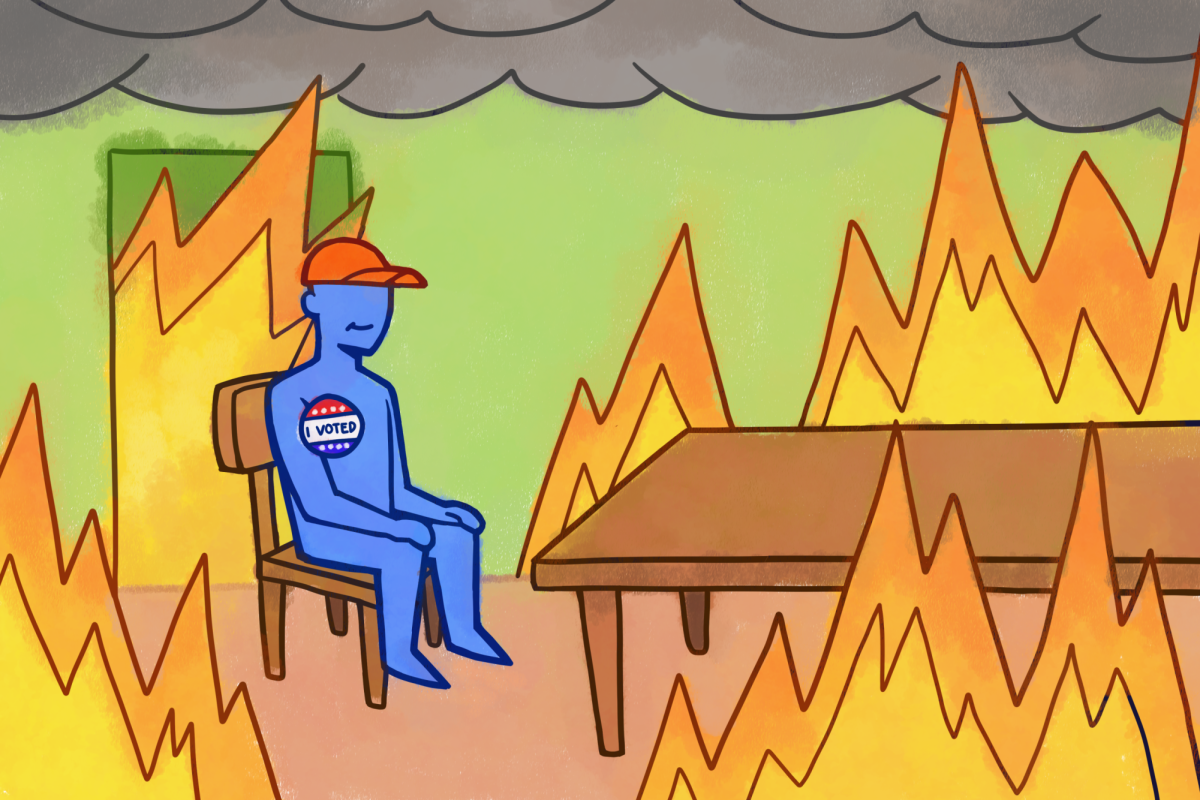In 2024, finding an affordable place to live feels impossible, as the cost of housing skyrockets past what is financially reasonable. America is experiencing a housing crisis, and despite this, the issue — the reasoning of which goes back to the Nixon administration — is seldom addressed on Capitol Hill.
Public housing initiatives peaked from the 1930s to the 1970s as the government aggressively expanded and paid for the construction of thousands of family homes as part of FDR’s New Deal. The U.S. Department of Housing and Urban Development was also created during the Johnson administration in 1965 as a cabinet-level agency that would make privately owned housing available to low-income families.
However, the concentration of poverty and racism surrounding these programs pushed voters and politicians to resent them. This compelled Johnson’s successor, Richard Nixon, to put a moratorium on new government-financed housing projects during his time in office.
The following domino effect led many presidential administrations to dismantle this institution piece by piece. Richard Nixon turned HUD into a program that would only provide applicants with vouchers to assist in paying for housing.
Ronald Reagan then gutted this program and cut the budget of HUD by 60%.
Get The Daily Illini in your inbox!
Bill Clinton, during his war on the welfare state, passed the Faircloth Amendment, which prevented any construction of new public housing units past the level that they were at in 1999.
The effects of these policy changes have been detrimental to the state of public housing in America. To put it in perspective, the government has been underfunding HUD so heavily that the Faircloth Amendment has not affected the building of any new public housing units. For example, the Chicago Housing Authority is limited to around 35,000 units but only maintains 21,000; this is the same in many other major U.S. cities.
Additionally, the way that HUD operates is counterintuitive in numerous ways. Rather than directly building and or fixing these housing units themselves, they operate by providing Federal grants to local public housing authorities to do it for them.
Also, nearly all of HUD’s funding goes toward its voucher program. However, most qualifying citizens will never receive aid, as the process is arduous and many get placed on waiting lists for years.
It’s also noteworthy to mention that housing policy is delegated to the states and local governments and, more importantly, to homeowner’s associations. Most HOAs have residents who don’t like the idea of public housing being built in their area code out of fear the units will lower their home’s value. The resulting zoning laws would — and do — force any new construction of public housing to be in poorer areas, exacerbating issues of class and racial segregation.
Many of the current problems with the housing market can be directly attributed to the degradation of HUD and the negative view of public housing as a whole. However, the government still can fix these issues — that is if the obstructionist and inert politicians in Washington care enough to pass any tangible legislation.
The Biden administration has already shown some interest in indirectly improving the housing crisis, as several efforts were released from multiple agencies last October. These efforts subsidize developers converting empty office buildings into affordable housing, allow prefab homes and offer cash incentives to locations that harmonize their building codes.
However, these initiatives don’t go far enough. What we need is a complete overhaul of HUD.
For example, the government should provide more funding to HUD and expand its capabilities to remove its dependence on public housing authorities. With more funding, HUD could fix the deteriorating public housing already available and build new units — assuming Congress repeals the Faircloth Amendment to allow for this. Additionally, we need to make vouchers an entitlement so that no poor family is left to suffer.
Once HUD has been reformed, it can then address some of the larger issues facing public housing development, such as zoning law restrictions and the cost associated with maintaining units.
The housing crisis is not an issue that the free market can solve; with housing prices outpacing wages and homelessness rising at concerning rates, we need government intervention. Living in a home is a dream that many people have, and it’s a dream that will never be attainable for most — but that can change so long as our view of people and housing can change too.
Grayson is a freshman in LAS.






